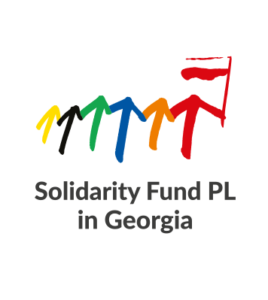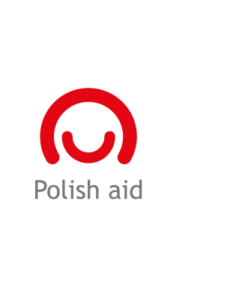Whistleblowers
We ensure the highest standards of conduct and act in accordance with the law, our internal regulations (policies and regulations), and recognised standards in the area of management and development cooperation.
We attach great importance to ethical conduct in all areas of the Foundation’s operations and encourage everybody to submit any comments related to our activities.
In accordance with Policy on whistleblowing and handling of reports, there are two paths for making reports at the Solidarity Fund PL:
DIRECT INFORMATION PROVIDED TO THE FOUNDATION
Should you notice any disturbing activity or situation that may indicate irregularities or unethical practices or other misconduct, you may contact directly the Foundation by letter, e-mail, or telephone from Monday to Friday between 10:00 a.m.-6:00 p.m.
Solidarity Fund PL in Georgia
Address: 20 Chavchavadze Avenue, 2nd floor, Apartment No 3.
Tbilisi, Georgia 0179.
e-mail: georgiarep@solidarityfund.pl
Tel.: +995 595 91 07 11



